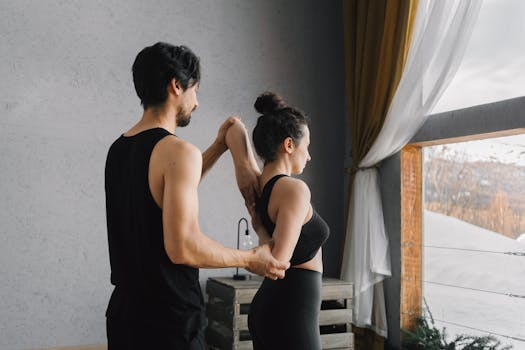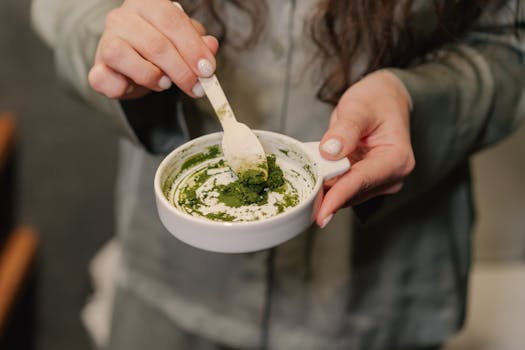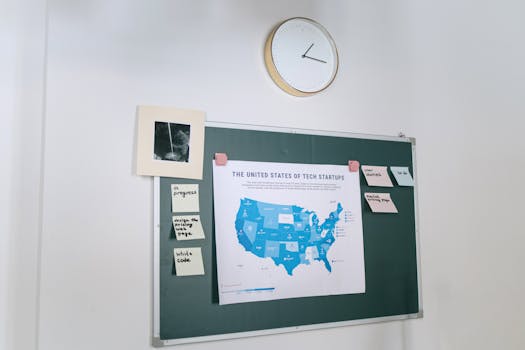
Table of Contents
- Understanding Stress and Anxiety
- The Impact of Stress on Lifestyle
- Effective Techniques for Managing Stress
- Lifestyle Changes to Reduce Anxiety
- When to Seek Professional Help
Understanding Stress and Anxiety
Stress and anxiety are common experiences in our fast-paced world. Understanding the difference between the two can help you manage them more effectively. Stress is typically a reaction to an external trigger, such as a deadline or a challenging situation. Anxiety, on the other hand, is often more chronic and can occur without a specific stressor. Recognizing the symptoms of stress and anxiety—such as restlessness, fatigue, difficulty concentrating, and physical symptoms like headaches—can help you take proactive steps to manage your mental health.
The Impact of Stress on Lifestyle

Effective Techniques for Managing Stress

- Mindfulness and Meditation: Practicing mindfulness can help you stay grounded in the present moment, reducing anxiety about the future and regrets about the past. Meditation techniques, such as deep breathing and guided imagery, can also be beneficial.
- Exercise: Physical activity is a proven stress reliever. Regular exercise increases the production of endorphins, which can improve your mood and help you relax.
- Time Management: Organizing your tasks and setting realistic goals can help reduce feelings of overwhelm. Prioritize your to-do list and break tasks into manageable steps.
- Social Support: Connecting with friends and family can provide emotional support and help you cope with stressors. Don’t hesitate to reach out to loved ones when feeling anxious.
- Healthy Lifestyle Choices: Eating a balanced diet, getting enough sleep, and avoiding excessive alcohol and caffeine can significantly impact your stress levels.
Lifestyle Changes to Reduce Anxiety

- Establish a Routine: Creating a daily routine can provide structure and predictability, which can be comforting during stressful times.
- Limit Screen Time: Reducing the time spent on screens, especially social media, can help minimize feelings of anxiety and comparison.
- Engage in Hobbies: Make time for activities you enjoy. Engaging in hobbies can distract you from stress and provide a sense of accomplishment.
- Practice Gratitude: Keeping a gratitude journal can help shift your focus from stressors to positive aspects of your life.
- Seek Professional Guidance: If stress and anxiety become overwhelming, consider seeking help from a mental health professional. Therapy can provide valuable tools and support.
When to Seek Professional Help
It’s essential to recognize when stress and anxiety may require professional intervention. If you find it challenging to cope with daily activities, experience persistent feelings of sadness or hopelessness, or have thoughts of self-harm, it’s crucial to seek help. Mental health professionals can provide therapy, medication, and coping strategies tailored to your needs. Remember, seeking help is a sign of strength, not weakness.
See more:
https://www.mentalhealth.gov/
https://www.apa.org/topics/stress
https://www.nimh.nih.gov/health/topics/anxiety-disorders







